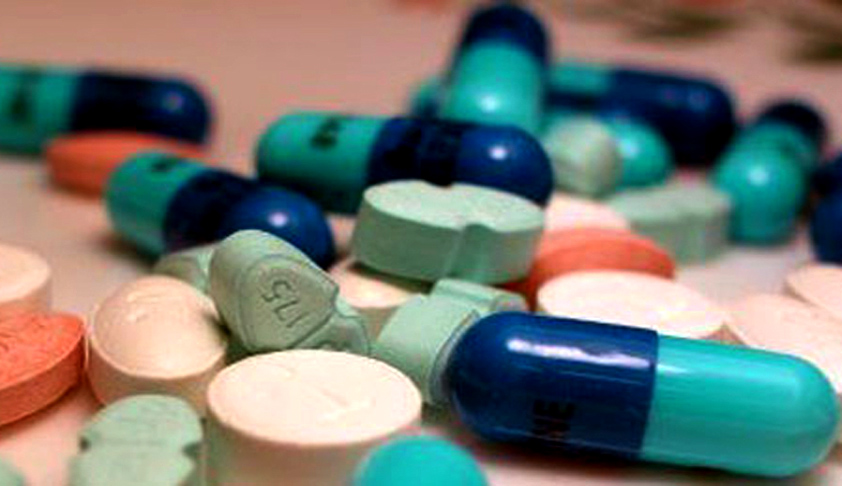Centre’s drug pricing policy “unreasonable and irrational”; SC urges re-examination
Apoorva Mandhani
16 July 2015 8:23 PM IST

Next Story
16 July 2015 8:23 PM IST
A Supreme Court bench comprising Justice T.S. Thakur, Justice C. Gopala Gowda and Justice R. Banumathi on Wednesday asked the Centre to re-examine its drug pricing policy for essential medicines. The current drug policy was termed as “unreasonable and irrational” by the Bench as the prices of some medicines is at around 4000% higher than what has been fixed by some state governments.The...
